Managing Amazon seller accounting can be overwhelming due to the complexity of tracking inventory, handling numerous transactions, and ensuring tax compliance. Many sellers struggle with maintaining accurate records and reconciling payments, leading to potential financial discrepancies and compliance issues.
This guide offers practical solutions to address these challenges, focusing on efficient bookkeeping practices and leveraging modern tools. We'll discuss how automation and solutions like Link My Books can simplify your financial management, reducing manual effort and minimising errors.
By implementing the strategies and tools covered in this guide, you can overcome common accounting pain points and ensure that your Amazon FBA business remains organised and compliant. This will free up your time to focus on growing your business and driving success.
Key Takeaways from this Post
Automated accounting enhances accuracy and efficiency – Integrating tools like Link My Books with accounting software (Xero or QuickBooks) reduces manual errors and streamlines financial processes, providing accurate and real-time financial insights.
Managing sales taxes requires careful monitoring – Understanding mechanisms like reverse charge and regularly reconciling payments is crucial for ensuring compliance and avoiding tax-related issues in eCommerce.
Choosing between manual and automated methods – Automated accounting methods offer significant advantages in terms of time efficiency, scalability, and integration, while manual methods may be more labour-intensive and prone to errors.







What is Amazon Accounting?
How does Amazon Accounting differ from wider eCommerce Accounting? Amazon accounting is a specialised area of accounting that focuses on the unique financial and transactional aspects of running an Amazon business.
This includes tracking sales, managing inventory, handling Amazon fees, and dealing with tax obligations. It's a crucial part of accounting for Amazon sellers, ensuring that your business remains financially healthy and compliant with tax laws.
Amazon Accounting vs Amazon Bookkeeping
The main difference between Amazon accounting and Amazon bookkeeping is that bookkeeping involves the day-to-day recording of financial transactions, while accounting is a broader term that includes the interpretation, classification, analysis, reporting, and summarization of financial data.
In other words, bookkeeping is the foundation upon which accounting is built.
Bookkeeping for Amazon sellers involves recording every financial transaction, including sales, returns, and fees.
On the other hand, Amazon seller accounting involves analysing this data, making financial forecasts, filing tax returns, and making strategic business decisions based on financial data.
What does Amazon accounting involve?
In this section, we’ll break down the key components of Amazon accounting. We’ll explore the processes involved in tracking sales, managing expenses, handling refunds, and calculating taxes. Understanding these elements will provide a clear picture of what’s required to maintain accurate and compliant financial records for your Amazon business.
Sales
Sales tracking is the process of recording and monitoring all the sales transactions that occur in your Amazon business.
This includes tracking each sale, the price at which each item was sold, and the total revenue generated. It's crucial for understanding your business's profitability and for calculating taxes.
FBA business fees
Amazon FBA accounting involves tracking the fees associated with Amazon's fulfilment by Amazon (FBA) program.
These fees include storage fees for keeping your products in Amazon's warehouses and fulfilment fees for Amazon's picking, packing, and shipping services. Accurate tracking of these fees is essential for understanding your business's overall expenses and profitability.
Amazon selling fees and other fees
In addition to FBA fees, Amazon charges various seller fees, including referral fees (a percentage of each sale), closing fees, and high-volume listing fees.
Tracking these fees accurately is crucial for understanding your total expenses and for calculating your net profit.
Reimbursements for returns
Amazon provides reimbursements for returned items, and these need to be accurately tracked in your accounting system.
This includes tracking the number of returns, the reasons for the returns, and the total amount reimbursed.
Settlements or disbursements
Amazon pays sellers every two weeks, and these payments, known as settlements or disbursements, need to be accurately recorded in your accounting system.
This covers tracking the total amount received and any fees or charges deducted by Amazon.
VAT, GST, sales tax and other taxes
As an Amazon seller, you're responsible for collecting and remitting various taxes. These include, depending on your region, Value Added Tax (VAT), Goods and Services Tax (GST), or sales tax. These taxes need to be accurately tracked and reported in your accounting system. You're also at times entitled to an Amazon VAT refund, which can be a nice windfall.
Can you do accounting and bookkeeping on Amazon?
The short answer is: yes. As an Amazon seller you can manually handle accounting and bookkeeping tasks directly on the platform. However, it can be complex due to the range of tasks involved, such as tracking sales, managing Amazon FBA accounting, monitoring inventory, and ensuring compliance with tax regulations.
Using specialised tools like Link My Books or hiring an Amazon FBA accountant can help streamline processes, automate tasks, and maintain accuracy in your financial records. Whether you're managing the basics of bookkeeping Amazon or diving into advanced analytics, having the right strategy and tools in place is key to staying on top of your finances.
Amazon Accounting vs Amazon Bookkeeping
How to do bookkeeping for Amazon sellers
Let’s look at how easy Shopify bookkeeping can be with the right tech stack:
- Connect Amazon to Xero/QuickBooks using Link My Books.

- Complete guided setup wizard to ensure accurate accounts and taxes are applied.
- Link My Books verifies all transactions, ensuring that every order is treated correctly for tax purposes.

- Link My Books then creates a detailed summary invoice in Xero/QuickBooks, itemising the payout into sales, refunds, and fees, and assigning them to the proper accounts with the correct tax rates.

- Amazon Payments entries match effortlessly with the bank deposit in a single click.

Simplify your Amazon accounting today with Link My Books. Automate your finances, stay compliant, and focus on growing your business. Sign up for a free trial by registering an account.

Best Accounting Tools For Amazon Businesses
Choosing the right accounting tools is crucial for managing your Amazon business effectively. In this section, we'll explore two of the best Amazon accounting software solutions for Amazon sellers, highlighting features that simplify bookkeeping, streamline financial management, and ensure accuracy. Discover how these tools can help you stay organised and focused on growing your business.
Xero with Link My Books

Integrating Xero with Link My Books simplifies your Amazon bookkeeping by automating data import. This includes sales, fees, and refunds directly into Xero, ensuring your Amazon seller bookkeeping is accurate.
The integration provides real-time insights into your business’s profitability through Xero’s financial reports. Automated reconciliation of Amazon payments with your Xero bank account helps streamline the reconciliation process and keeps your records current.
Additionally, Link My Books manages VAT and sales tax calculations, syncing this information with Xero for precise tax reporting and compliance.
QuickBooks with Link My Books

Using QuickBooks in conjunction with Link My Books enhances your Amazon bookkeeping efficiency. The integration automatically imports Amazon sales data, fees, and refunds into QuickBooks, ensuring accurate Amazon seller bookkeeping.
The reconciliation process is simplified, as Amazon transactions are matched with your QuickBooks bank account, reducing manual effort. Link My Books also takes care of VAT and sales tax calculations, syncing this data with QuickBooks to ensure accurate tax records and compliance.
This format should be easier to read and follow. Let me know if this works or if you need any further changes!
The benefits of automated Amazon accounting software
In this section, we’ll explore the benefits of accounting software for Amazon sellers. We’ll cover its impact on accuracy, efficiency, and compliance, highlighting the key advantages that make it an essential tool for Amazon sellers. From streamlined data handling to improved financial insights, discover how automation can enhance your bookkeeping practices.
Automated accounting solutions save time
By automating the process of recording transactions, automated accounting solutions can save you a significant amount of time.
This allows you to focus on other aspects of your business, such as sourcing products and marketing.
Automated accounting solutions reduce human error
Manual accounting can be prone to errors, such as data entry mistakes. Automated accounting solutions reduce the risk of these errors, ensuring your financial records are accurate and reliable.
Save money
Automated Amazon accounting software can lead to significant cost savings. By streamlining financial processes and reducing the need for manual bookkeeping, you can lower administrative costs and minimise the need for external accounting services. Additionally, automated systems can identify cost-saving opportunities, such as discrepancies in fees or potential deductions, helping you manage your budget more effectively.
Stop you overpaying tax
Automated accounting software helps prevent overpaying taxes by ensuring accurate and timely tracking of your sales tax, VAT, and other applicable taxes. The software can generate detailed reports and maintain up-to-date records, reducing the risk of errors and ensuring compliance with tax regulations. This helps you avoid costly mistakes and ensures that you're only paying the taxes you owe.
Automated accounting solutions provide valuable insights
With automated accounting solutions, you can generate detailed financial reports that provide valuable insights into your business's financial health.
This can help you make informed decisions about pricing, inventory management, and business growth.
Automated accounting solutions make it easier to file your taxes
Automated accounting solutions can simplify the process of filing your taxes. They can generate tax reports, help you calculate your tax liability, and ensure you're complying with all relevant tax laws and regulations.
Automated accounting solutions are safer
Automated accounting solutions often include security features that protect your financial data from unauthorised access.
This can give you peace of mind and protect your business from financial fraud.
Why Amazon accounting is vital for sellers
In this section, we’ll discuss the critical role of Amazon accounting in managing your eCommerce business. We’ll examine how accurate accounting practices are essential for tracking financial performance, ensuring compliance with tax regulations, and making informed business decisions. Understanding the importance of effective accounting will help you maintain a healthy and profitable Amazon business.
Compliance with Tax Laws
Accurate Amazon seller accounting is crucial for complying with tax laws. By accurately tracking sales, expenses, and taxes, you can ensure that you're paying the correct amount of tax and avoiding penalties for underpayment or late payment.
Understanding Your Business's Financial Health
Amazon accounting provides crucial insights into your business's financial health. By tracking sales, expenses, and profitability, you can make informed decisions about pricing, inventory management, and business growth.
Planning for the Future
With accurate accounting information, you can make strategic decisions about your business's future. This includes planning for growth, identifying areas for cost savings, and making informed decisions about potential investments.
The Challenges with Managing Amazon Business Accounts
In this section, we’ll delve into the common challenges faced when managing Amazon business accounts. We’ll explore issues such as handling complex transactions, reconciling payments, and maintaining accurate financial records. Understanding these challenges will provide insights into the hurdles that sellers must overcome to ensure smooth and efficient financial management.
Volume of Data
Amazon seller accounting is very different from traditional point of sales systems that a brick-and-mortar company may have. Amazon fees are complicated and varied and require accurate categorization to track.
Many of the essential accounting software solutions small businesses use cannot handle the number of transactions and specificity associated with an ecommerce business running on Amazon.
Returns
Returns are a common occurrence in the Amazon marketplace. They can significantly impact your bottom line and complicate your accounting process.
You need to track returns accurately to ensure you're accounting for the loss in sales and the potential reimbursement from Amazon.
Tax Liability
As an Amazon seller, you're responsible for collecting and remitting various taxes, including sales tax, VAT, and GST. VAT on Amazon fees can be complex, especially if you're selling in multiple countries or states with different tax rates and rules.
Fees
Amazon charges a variety of fees, including FBA fees, referral fees, and high-volume listing fees. These fees can be complex and varied, making them challenging to track accurately.
Inventory Management
Inventory management is a significant challenge for Amazon sellers. You need to track the cost of goods sold (COGS), manage inventory levels, and account for inventory storage costs.
This requires a robust accounting system that can handle the complexities of ecommerce inventory management.
eCommerce accounting Methods: Manual vs Automated
Extra tips on how to do Amazon seller accounting
Getting started with Amazon FBA accounting might seem overwhelming, especially given the unique challenges and intricacies of the Amazon landscape. However, with the right approach, the process can be manageable and even empowering.
Here is a more detailed step-by-step guide on how to do Amazon accounting.
Choose the Right Accounting Method
There are two primary accounting methods - cash and accrual. The cash method involves recording revenue when cash is received and expenses when they are paid.
On the other hand, the accrual method involves recording transactions as they occur, regardless of when the money changes hands.
For Amazon sellers, the accrual method is often more beneficial as it provides a more accurate picture of your financial situation, especially if you plan to sell your business in the future.
Separate Personal and Business Finances
It's crucial to keep your personal and business finances separate. This not only makes your accounting process more straightforward but also helps ensure compliance with regulatory standards. Consider setting up a dedicated business bank account for all your business-related transactions.
Use Accounting Software
There are various accounting software options available that can simplify your accounting process. These tools can automate data organisation and analysis, saving you time and reducing the risk of errors.
Some software, like Link My Books, can even integrate with your Amazon store, ensuring accurate data transmission across all accounts.
Maintain Organised Accounts
Keeping your accounts organised is essential for efficient Amazon seller accounting. Categorise each account with a label and short description to keep track of all transactions, from sales and processing fees to taxes, refunds, and expenses. This will help ensure that no important information slips through the cracks.
Perform Regular Checks
Regularly checking your accounts can help you stay on top of your business's performance and identify any patterns that need attention.
Consider performing weekly checks to manage smaller amounts of data at a time, which can be less overwhelming than waiting until the end of the month.
Set Aside Time
Dedicate specific time for your accounting tasks. Consistent time investment can help you stay on top of your financials and avoid last-minute rushes during tax season.
Ensure Tax Compliance
Ensure you are compliant with all relevant tax laws. This includes collecting sales tax where necessary and understanding your obligations for income tax.
Utilise Free Resources
The internet is full of free resources that can help you improve your Amazon seller accounting skills. Take advantage of these resources to stay competitive and enhance your accounting processes.
By implementing these tips, you can make your Amazon seller accounting process more efficient, saving time and money, and ultimately boosting your business's profitability.
Key financial reports to know for Amazon Sellers
In this section, we’ll highlight the essential financial reports that Amazon sellers need to monitor. We’ll cover the importance of reports such as profit and loss statements, balance sheets, and cash flow statements. Understanding these key reports will help you track your business’s financial health and make informed decisions for growth and success.
Profit & Loss Statement
This report provides a summary of your revenues, costs, and expenses over a specific period. It's crucial for understanding your business's profitability.
Balance Sheet
The balance sheet provides a snapshot of your business's financial position at a specific point in time, showing your assets, liabilities, and equity.
Cash Flow Statement
This report shows how changes in balance sheet accounts and income affect cash and cash equivalents, breaking the analysis down to operating, investing, and financing activities.
Key financial metrics to know for Amazon sellers
In this section, we’ll explore the critical financial metrics that Amazon sellers should track. We’ll discuss metrics such as Return on Investment (ROI), Customer Acquisition Cost (CAC), and Lifetime Value (LTV) to help you measure profitability and business performance. Understanding these metrics is essential for optimising your strategies and driving long-term success.
Cost of Goods Sold (COGS)
This is the total cost of all the goods you sold during a specific time period. It's crucial for understanding your business's profitability.
Gross Margin
This is the difference between sales and COGS. It's a key indicator of your business's financial health and profitability.
Inventory Turnover
This metric shows how many times a company has sold and replaced inventory during a given period. A low turnover implies weak sales and excess inventory, while a high ratio implies strong sales.
Amazon and Sales Taxes
In this section, we’ll examine the complexities of handling sales taxes for your Amazon business. We’ll discuss how to manage sales tax obligations, the impact of reverse charge mechanisms, and strategies for ensuring compliance with tax regulations. Understanding these aspects will help you navigate the tax landscape and avoid potential pitfalls.
Considerations for managing sales taxes
Managing sales taxes on Amazon involves understanding the tax requirements for each state or region where you have a tax obligation. This includes determining the appropriate sales tax rates, handling tax exemptions, and staying updated with changes in tax laws. Automated accounting software can assist by calculating sales tax accurately and ensuring compliance with various tax jurisdictions.
Integration with tax software
Integrating your Amazon accounting system with specialised tax software simplifies the process of managing sales tax. This integration allows for automatic updates of tax rates, generation of tax reports, and easy filing of tax returns. It ensures that your sales tax calculations are accurate and helps streamline your tax preparation process.
Compliance with tax regulations
Compliance with tax regulations is crucial for avoiding penalties and maintaining good standing with tax authorities. Automated accounting software helps ensure that your sales tax calculations are compliant with current laws and regulations. It also aids in maintaining proper records and documentation, which is essential for audits and tax filings.
Best Practices for Amazon Bookkeeping
In this section, we’ll cover essential best practices for effective Amazon bookkeeping. We’ll focus on techniques for maintaining accurate records, reconciling transactions, and managing inventory. Following these practices will help ensure that your financial data is reliable and up-to-date, supporting the overall health of your Amazon business.
Regularly reconcile financial records
Regular reconciliation of your financial records is vital for accurate bookkeeping. This involves comparing your financial statements with Amazon transactions to ensure that all entries are correct and consistent. Automated systems can facilitate this process by providing real-time reconciliation and highlighting discrepancies.
Keep track of expenses and income
Accurate tracking of expenses and income is fundamental to effective bookkeeping. Automated accounting software can categorise and record transactions, providing you with detailed insights into your financial performance. This helps in budgeting, forecasting, and identifying areas for cost savings.
Maintain accurate inventory records
Maintaining precise inventory records is essential for managing your Amazon business efficiently. Automated systems can track inventory levels, manage stock movements, and provide real-time updates. This ensures that you have accurate information on inventory availability, reducing the risk of stockouts or overstocking.
How to reconcile payments into the bank from Amazon & other payment gateways?
To reconcile payments from Amazon and other payment gateways, start by comparing the amounts deposited into your bank account with the payout reports from Amazon Seller Central accounting and other platforms. Match each payment with the corresponding sales, fees, and refunds to ensure everything lines up. Automated Amazon bookkeeping tools simplify this process by automatically pulling transaction data and matching it with your bank statements, making reconciliation faster and more accurate. Regular reconciliation helps maintain accurate financial records and ensures you catch any discrepancies early.
FAQ
How do I get the data I need from Amazon?
You can download various reports from Amazon Seller Central, including transaction details, fulfilment reports, and payment reports. These reports can be accessed from the "Reports" menu in Seller Central.
What accounting system does Amazon use?
Amazon uses SAP as its ERP system for its business processes. However, for Amazon sellers, Amazon doesn't require a specific accounting process. Sellers often use accounting software like QuickBooks or Xero to manage their finances.
Do you need a business account to be an Amazon seller?
No, you don't need to be a registered business to sell on Amazon. Amazon doesn't require you to register your business, but it's possible your local governments want you to register an online business.
However, once you start to make a profit, it's important to report all of your income come tax time.
What does Reverse Charge mean?
The reverse charge mechanism shifts the responsibility of paying VAT or sales tax from the seller to the buyer in certain cross-border transactions. This is important for accounting for Amazon sellers, especially when dealing with international suppliers or customers. It simplifies Amazon seller accounting by allowing the buyer to report both the input and output tax. For those involved in Amazon FBA accounting, reverse charge transactions must be tracked properly to ensure accurate VAT reporting and compliance.
How can I double check the tax rate Amazon is charging me?
To double-check the tax rate Amazon is charging you, start by reviewing your transaction reports within Amazon Seller Central accounting. Here, you can view detailed breakdowns of sales tax charged on each order. You can also compare the tax rates applied by Amazon with the current rates published by local tax authorities to ensure accuracy. If you're using automated software for Amazon bookkeeping, many platforms allow you to cross-check and reconcile tax calculations automatically, giving you real-time insights into whether the correct rates are being applied.
How to calculate the COGS for Amazon Bookkeeping
To calculate the Cost of Goods Sold (COGS) for Amazon seller bookkeeping, use this formula:
COGS = Opening Inventory + Purchases during the Period − Closing Inventory
This formula helps track the cost of inventory sold during a specific period. Many Amazon FBA tools automate this process, making it easier to manage your finances and track profitability.
Make Amazon accounting fast, easy and accurate with Link My Books
Managing Amazon accounting often involves dealing with complex transactions and maintaining accurate records, which can be both time-consuming and prone to errors. Many sellers find themselves overwhelmed by the manual effort required to track inventory, reconcile payments, and ensure compliance.
To address these challenges, automating your accounting processes is crucial. Implementing effective solutions can significantly reduce manual work and enhance accuracy, making it easier to stay on top of your financial management.
Link My Books offers a comprehensive solution to these issues by seamlessly integrating with your Amazon account and accounting software. It automates data import and reconciliation, ensuring your records are precise and up-to-date, so you can focus on what matters most—growing your business.



.jpg)








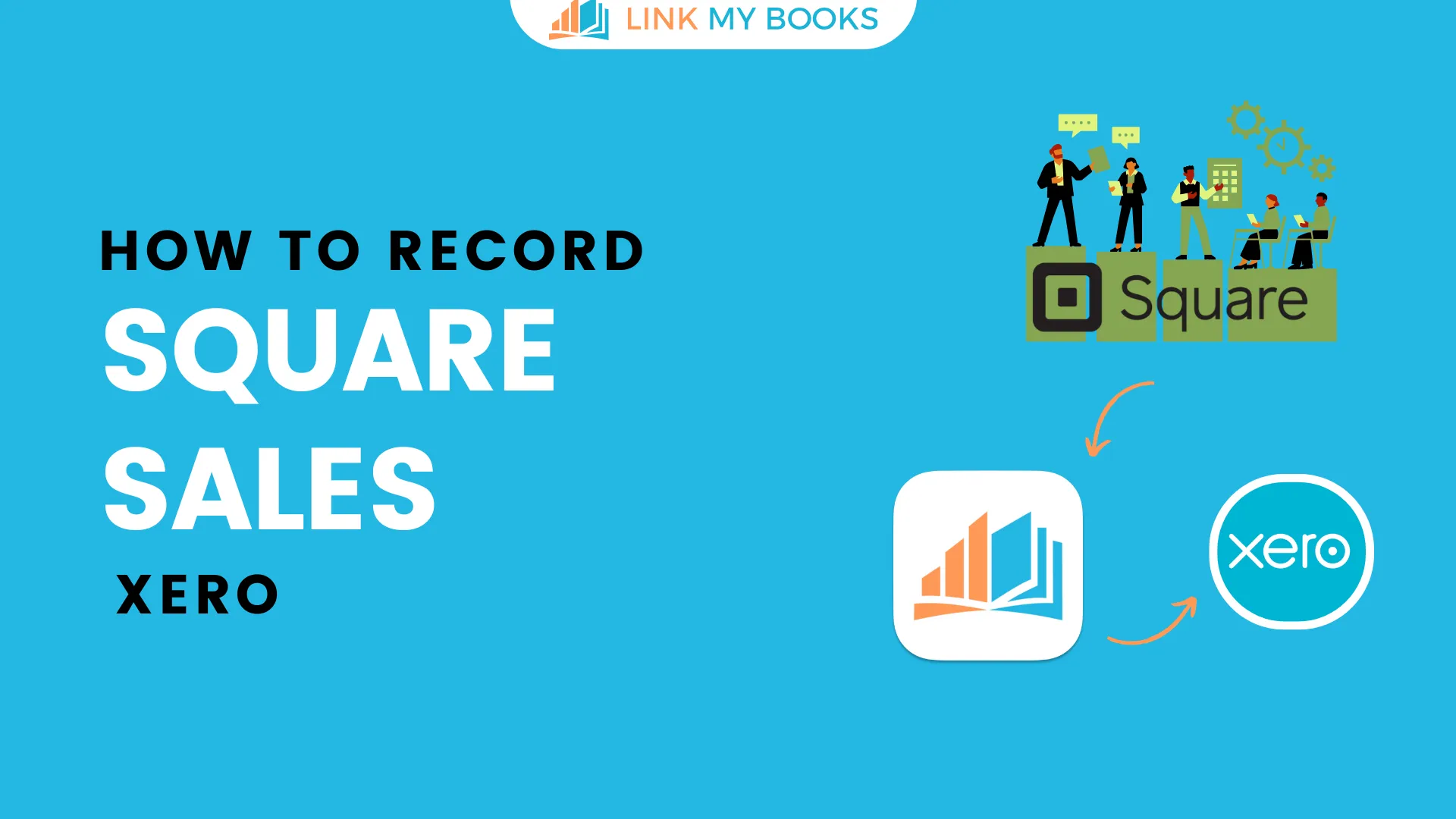
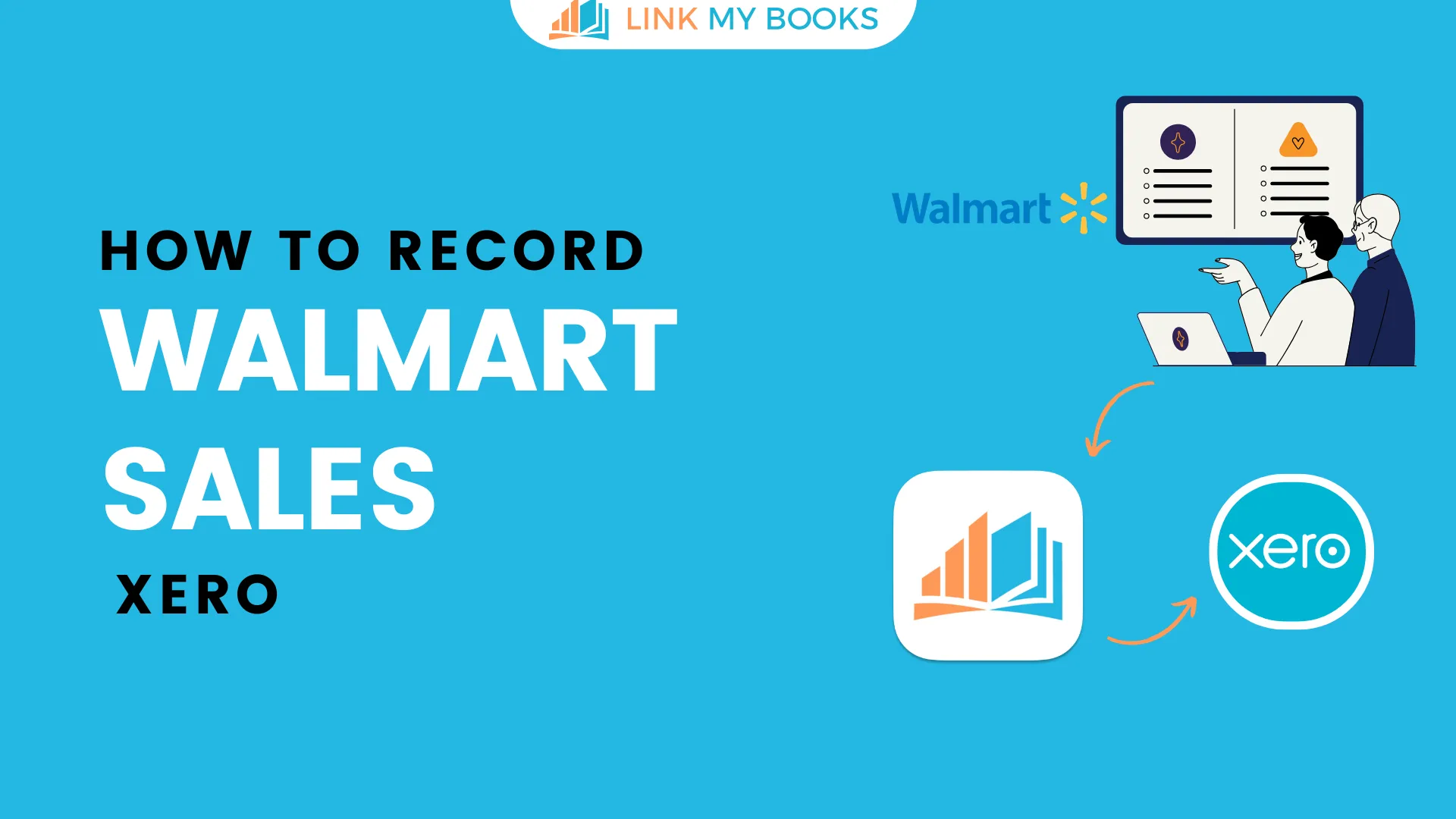
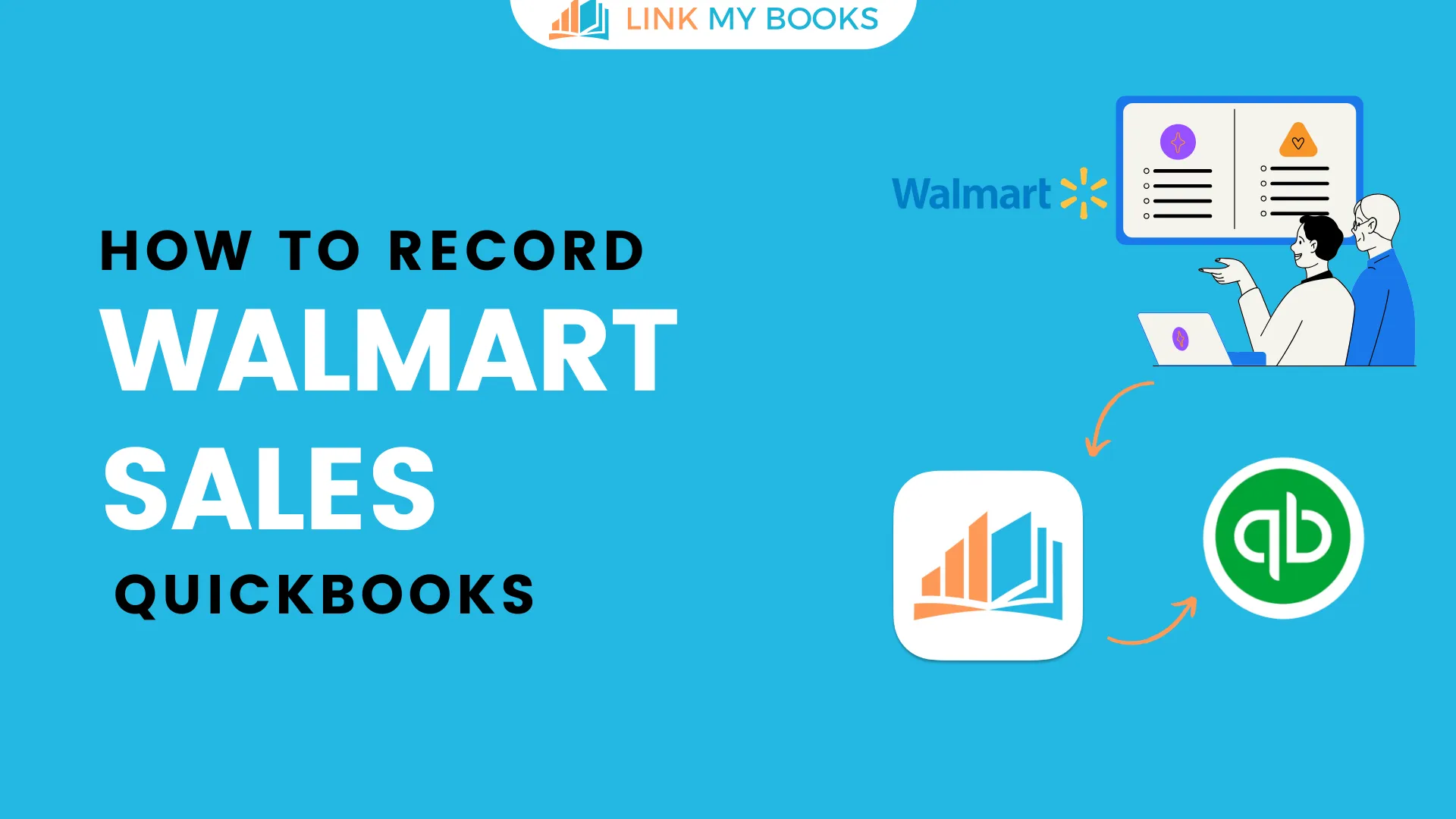
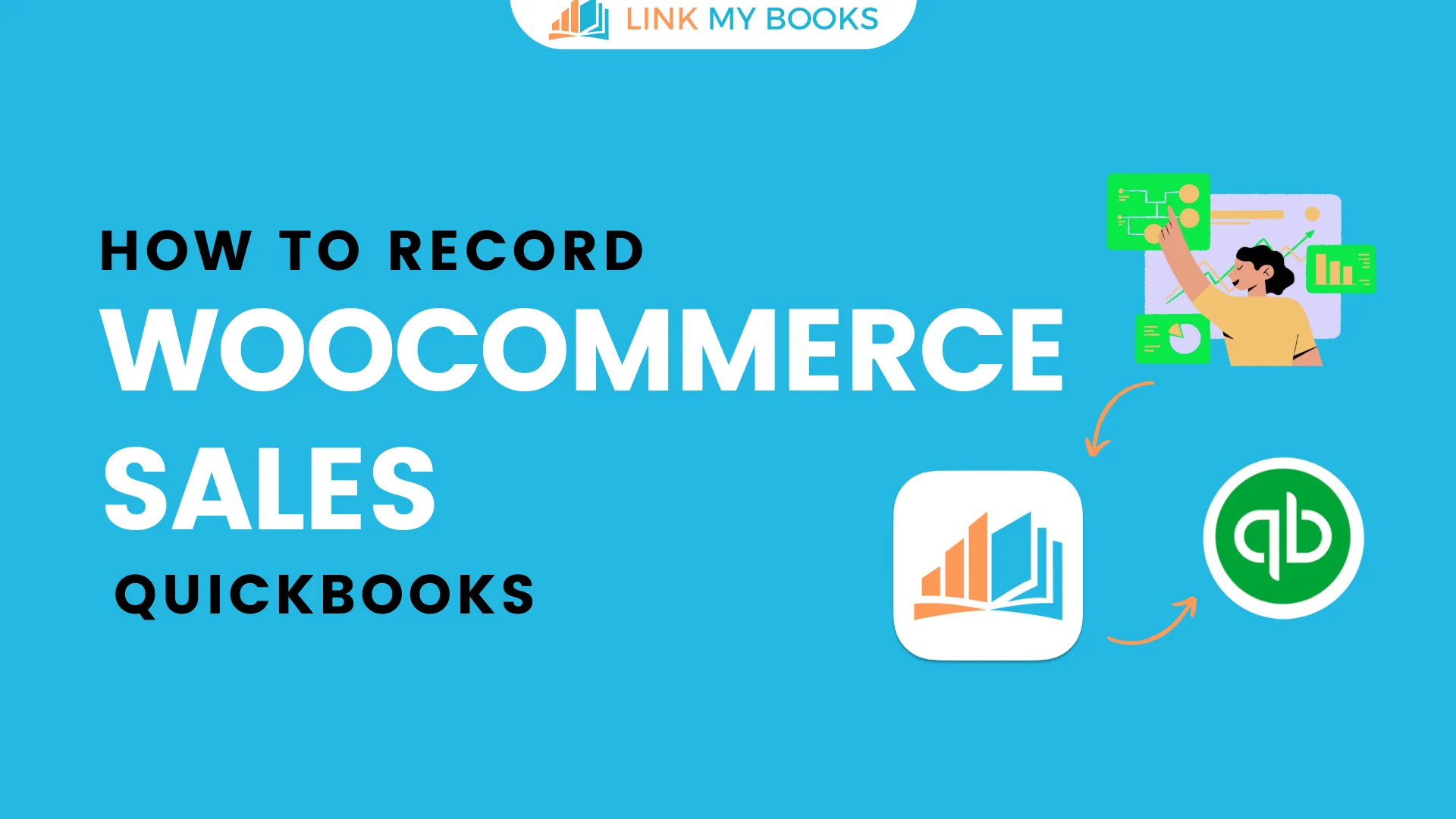
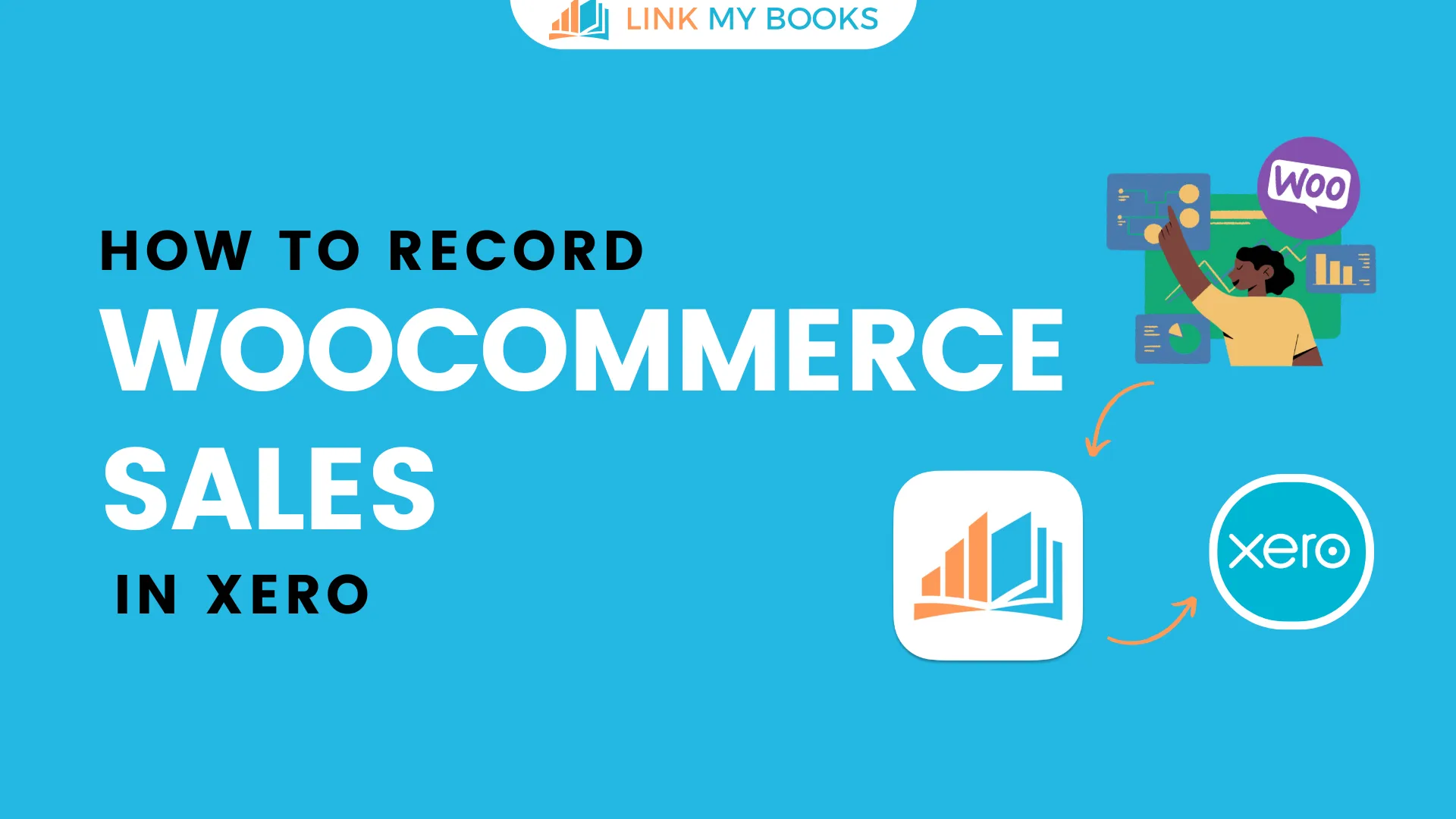
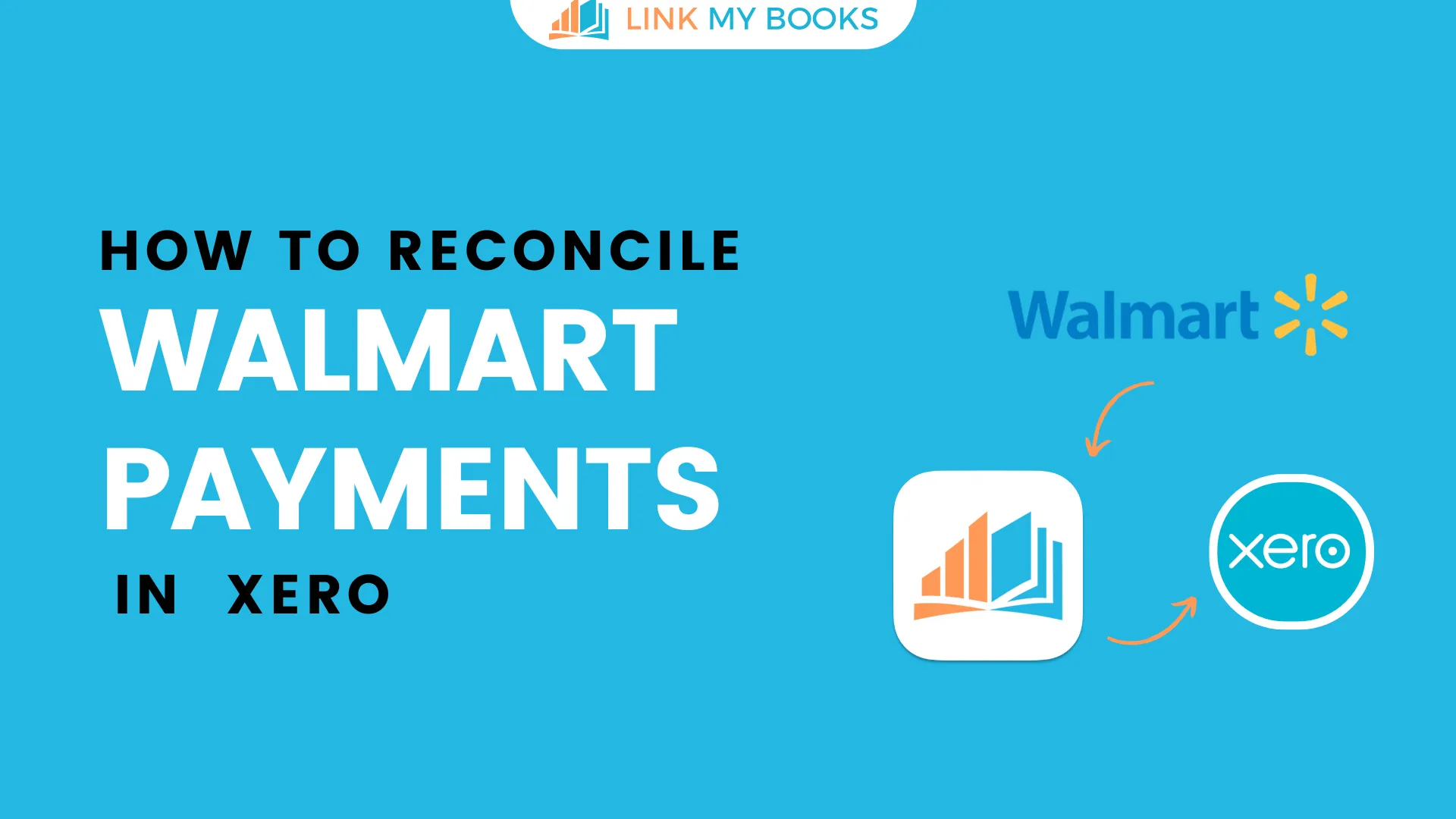


.png)